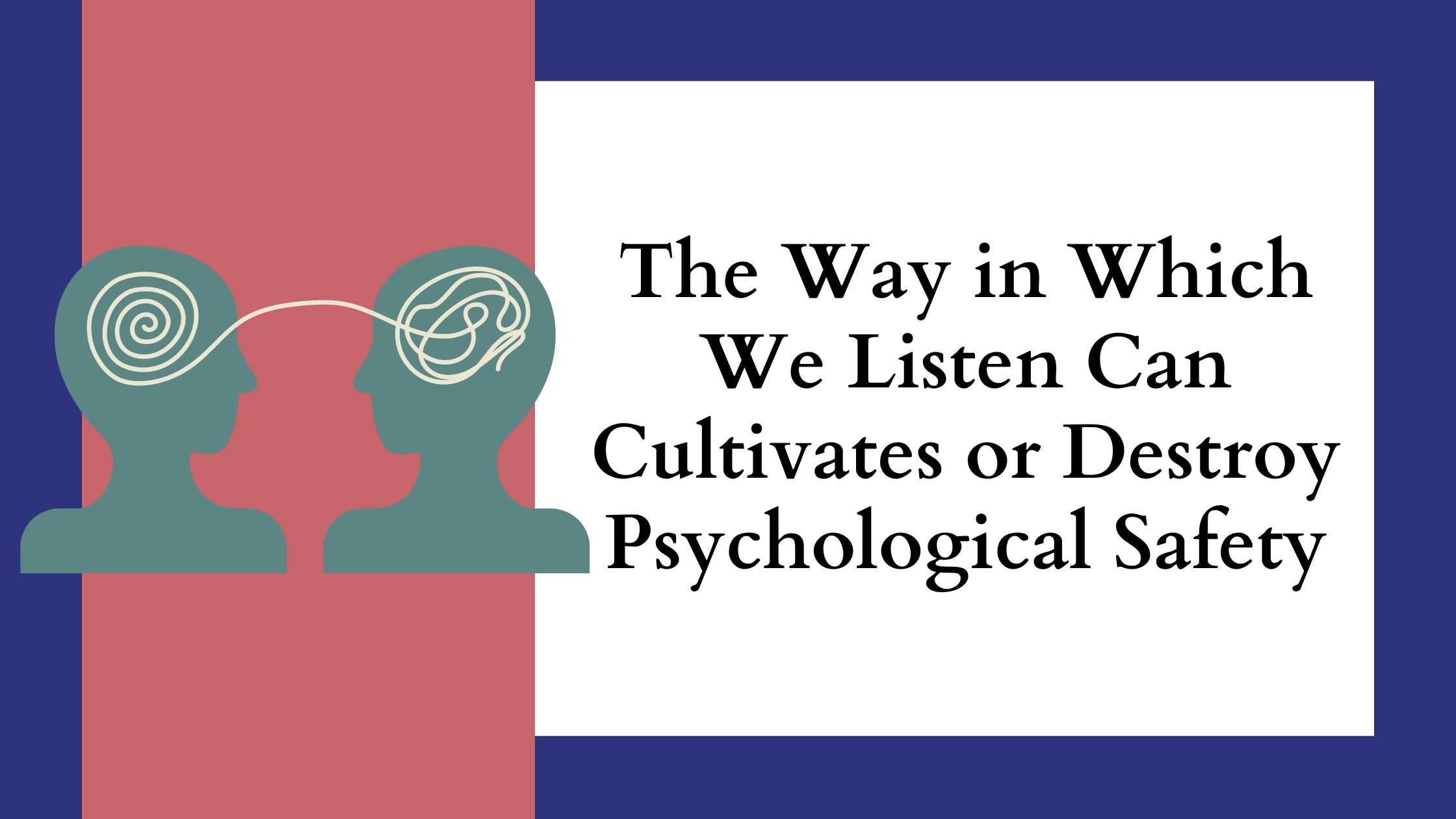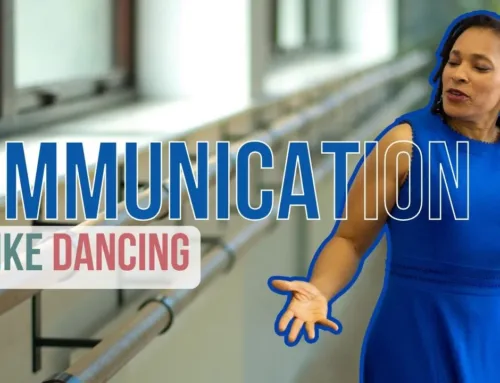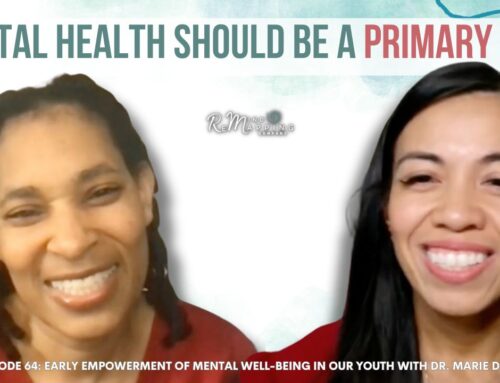
SHOW NOTES
In this week’s Mind ReMapping Moment, we talk about how the way in which we listen can cultivate or destroy psychological safety. Recently, I’ve been diving deep into the realm of psychological safety, exploring a space where the freedom to express, make mistakes, challenge, and feel included converges, as Dr. Timothy Clark outlines. Today, I want to shift the focus to how our listening habits can either nurture or erode the sense of safety in our relationships.
As we explore the creation of psychological safety, it’s essential to acknowledge that emotional safety is also a key component. I’m eager to discuss how our listening techniques play a pivotal role in this process. Typically, we listen with the intent to respond, judging and assessing, which can lead us to be mentally absent during a conversation. Even when we appear engaged externally, our internal filters can be detected, influencing the speaker’s perception of our attentiveness.
One crucial aspect is nonverbal communication, where our body language, facial expressions, and eye movements subtly convey our level of presence. In my coaching trainings, I conduct an exercise to demonstrate how intentionally breaking rapport during a conversation can significantly impact the speaker, even in a controlled environment. This highlights the power of nonverbal cues in either opening or shutting down a conversation.
Interrupting is another common behavior that can make individuals feel unheard and unimportant. Additionally, listening through our own judgmental filters rather than understanding the deeper commitment behind the communication can hinder constructive dialogue. Actively listening for the speaker’s commitment and intention can lead to responses that foster understanding and appreciation.
Moving beyond personal relationships, effective listening has broader implications for organizational leadership. In large groups with varied power dynamics, feeling unheard or invalidated can stifle creativity and collaboration. The way feedback is provided, decisions are made, and biases are communicated all contribute to either opening or closing channels of expression within an organization.
Follow Dr. Maiysha on social media
www.facebook.com/DrMaiysha
www.instagram.com/DrMaiysha
www.twitter.com/DrMaiysha
www.YouTube.com/DrMaiysha
Hosted by: Dr. Maiysha Clairborne
Check out my TEDx talk https://youtu.be/iOboT5uRhXU
Ready for the next level in your life? Join the Movement! Become a part of the Mind ReMapping Nation, an exclusive community that empowers your growth & accountability. Go to www.MindReMappingNation.com
Interested to learn Mind ReMapping? Have you thought about becoming a coach? You can! Attend our next Mind ReMapping LIVE Training in Atlanta, and learn the tools to remap your mind in this transformational NLP/Hypnosis and Coach Certification training. Visit www.mindremappingacademy.com or schedule an interest call at www.remapmymind.today










